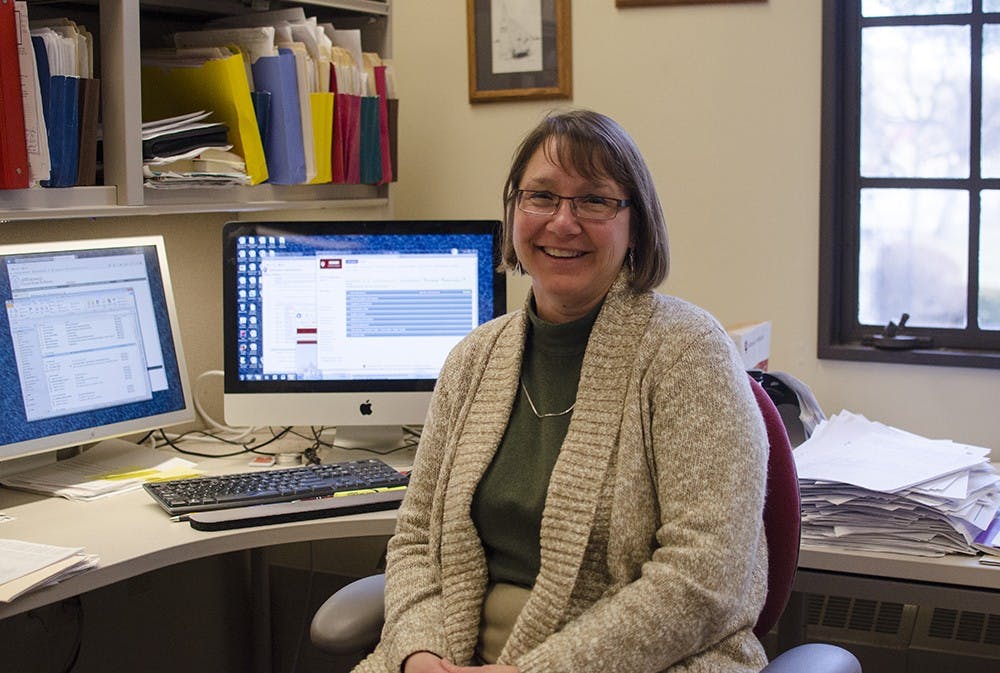The national student-to-counselor ratio is 478-to-1, making it nearly impossible to meet with counselors provided.
Levi Scheu, a senior assistant director in the office of admissions, has yet to meet a student who did not have some sort of high school counselor presence.
However, Scheu believes if a student did not have a high school counselor, he or she may need more help with the transition process from high school to ?college life.
“One of the first things you are exposed to at orientation is your academic adviser,” said Lauren Kinzer, academic adviser for ?journalism majors.
IU makes a strong effort to make the presence of the academic advisers known to students immediately after starting school.
When a student is looking at IU, interaction with the students is crucial, so the presence of these advisers serve as interaction to strengthen the connection between ?student and university.
At IU, students are assigned a specific adviser associated with their major whom they are welcome to meet with anytime to assist with class schedules, discuss future academic endeavors and gain advice about possible career paths.
However, due to the lack of experience with these useful resources, students rarely meet with their advisers, if at all.
Scheu said she looked at the critical pieces of information regarding the admission process such as transcripts, SAT scores and letters of recommendation as very important aspects that advisers may assist with in high school.
In addition, the amount of knowledge students have about themselves is useful.
“Knowing what kind of learner you are can give you the most success,” Scheu said. “They (students) may be at a disadvantage if you do not have this exposure.”
Kinzer said she believes the exposure to advisers is not the issue at hand. Advisers offer more services than just course help, and students should use those tools more often, she said.
In a recent article in the New York Times, “Little College Guidance,” the idea of a school adviser was described as a “luxury” or “extra layer” in the school system, making it seem the position wasn’t needed.
Currently there is no record provided for the ratio of students who visit versus those who do not visit their assigned adviser on a ?regular semester basis.
A new system has been installed in the Kelley School of Business and in the School of Public and Environmental Affairs that can record visits, but has yet to be used for this particular purpose.
According to the American School Counselor Association, college counselors face a greater challenge of increased needs of students, parents, teachers and other school personnel. Therefore, counselors must expand their knowledge boundaries at times.
“No student comes in just to say hi, but I feel my purpose is not to be used rarely, either,” Kinzer said.
The majority of IU advisers are available by appointment and by walk-ins during regular business hours Monday through Friday.






